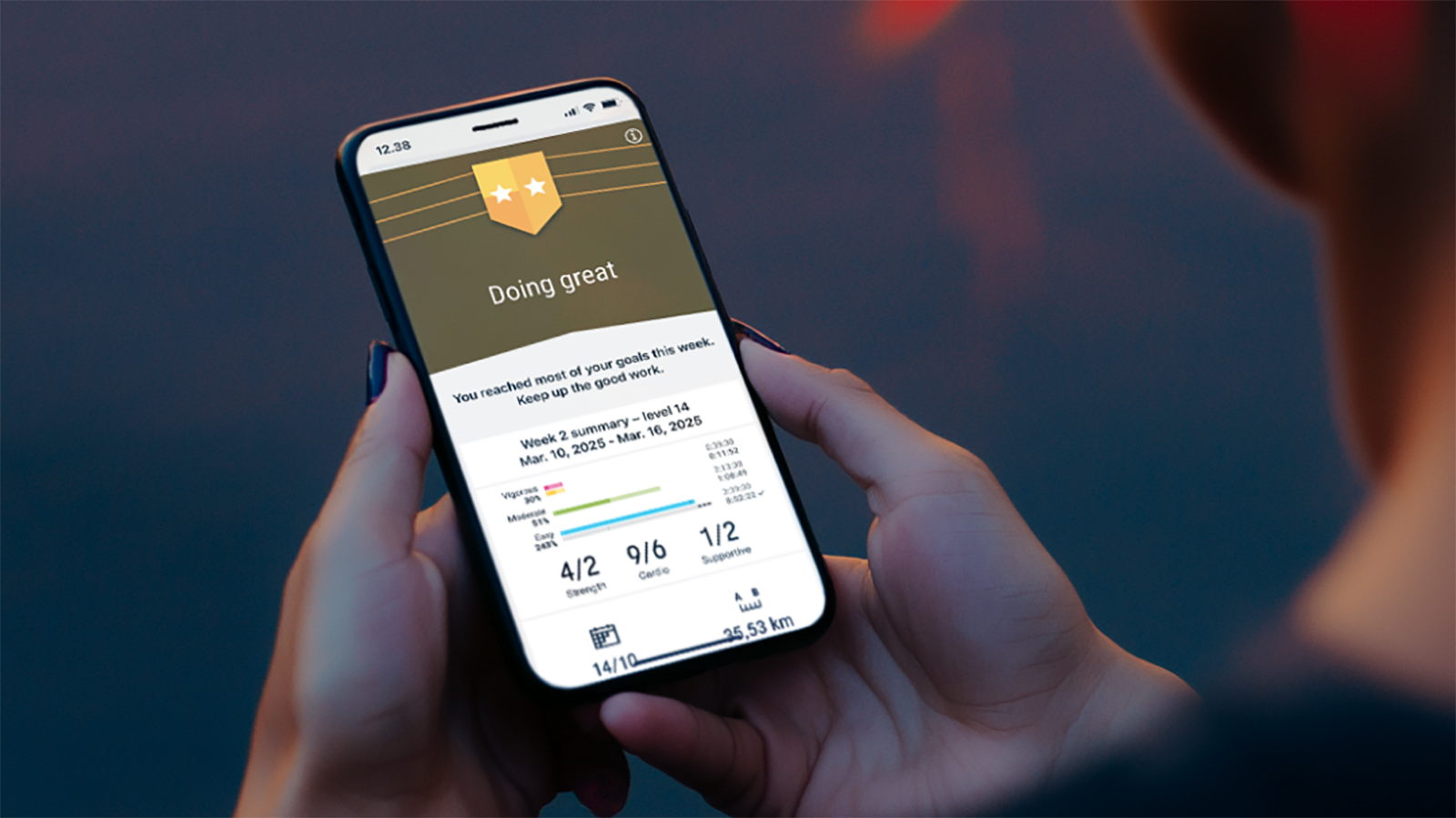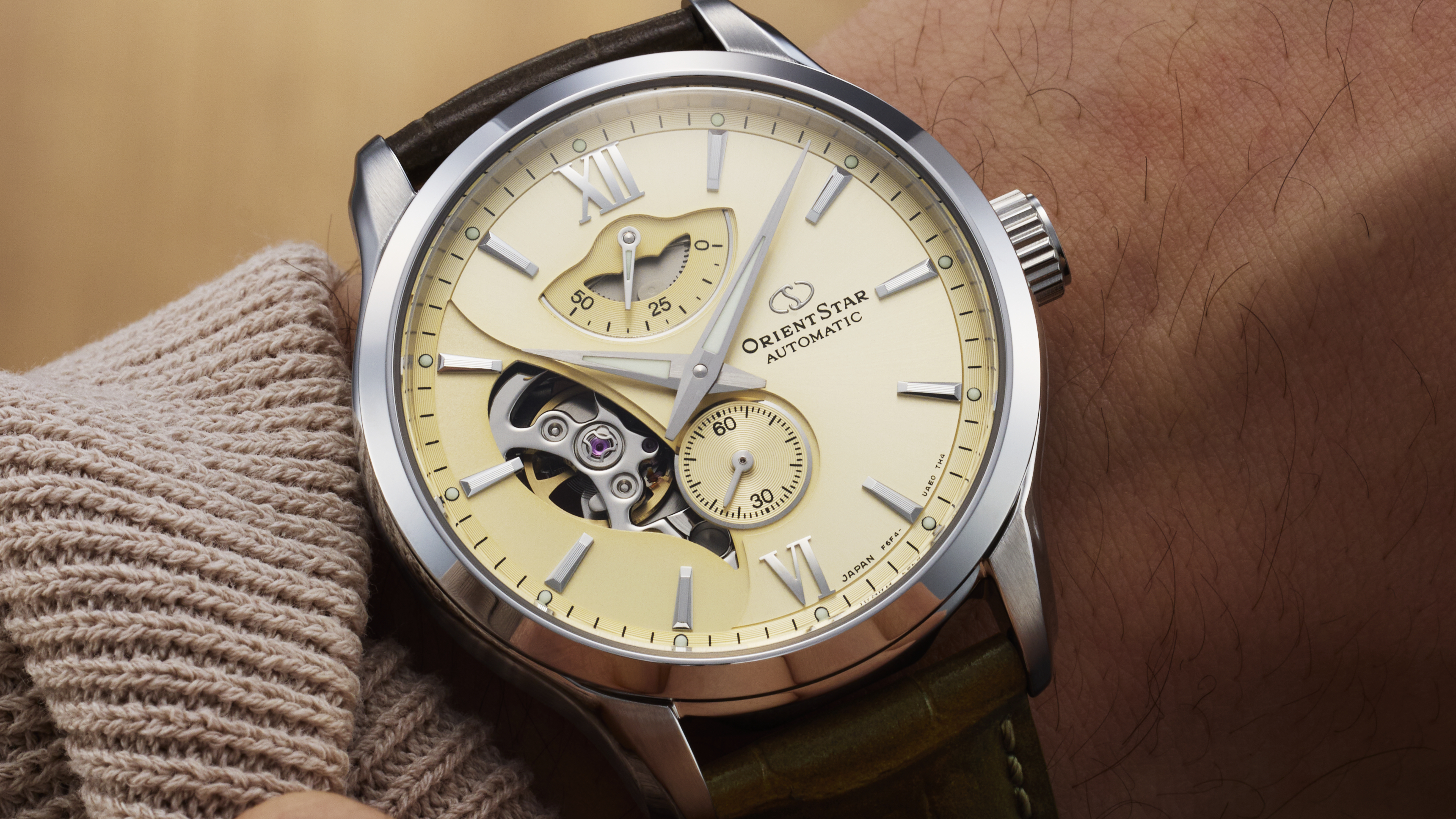Xbox Kinect Vs PlayStation Move review
Sony takes on Microsoft in the battle of motion control
Why you can trust T3
Ding, ding, ding! Microsoft Xbox Kinect vs Sony Playstation Move - who will come up on top? T3 pits the two games consoles against each other to find out
It seems like a lifetime since we first caught wind of Microsoft's idea for motion-control gaming, and even longer since we were writing about Sony's Wii-challenging light wand. Both are now in homes and both will be vying for your cash this Christmas. We've spent a week living with the Kinect and Move, so which one gets our vote?
-----------------------------------------------------------------------------
Microsoft Kinect VS Playstation Move
Source: T3 Tech Videos
-------------------------------------------------------------------------------
Xbox Kinect Vs PlayStation Move: Set up
Xbox Kinect
Unlike playing the Nintendo Wii 2, which for the majority means picking up a controller, turning on the console and getting your swing on, just setting up the Kinect is an occasion. Because it picks up full body movement, everything within at least a six-foot squared distance from the sensor must be cleared. Trunks, chairs, small dogs, all must be out of sight. Kinect would rather you were positioned around eight-feet from the sensor, which won't be possible in many hobbit-style UK homes. If it's a bright day, you'll need to shut the curtains, too. The sensor doesn't react well to direct sunlight. Well, it's unplayable.
Balancing the chunky sensor on top of a slimline TV, such as our LG LX9900, is also unfeasible – you'll need a separate mount or floor stand (from £25), which frustratingly isn't included in the box. Instead, the x-axis-rotating sensor needs to be positioned with enough room to move in front of the TV. The sensor also needs its own power source, as well as occupying an Micorosoft Xbox 360USB port.
Using its built-in microphone, Kinect will automatically scan the room for background ambient noise to optimise audio levels. You'll also have to endure a speech test to setup voice commands and perform fruity moves in front of the sensor for it to calibrate you and your playing space correctly. It all takes less than five minutes, though.
After digesting the setup, we were in no doubt who MS is aiming Kinect at. The process is cutesy, the background music might has well have been composed by Nintendo and the avatars are like grown-up Miis. Fun for all the family it may be, but 'serious' gamers may not concur.
PlayStation Move
Plug in the USB PlayStation Eye, switch on the console, ensure the Move controller(s) are charged and away you go. Unlike Kinect, which has been designed to integrate into the DNA of the Xbox Dashboard, the Move is an accessory for games, nothing more. The lightweight Eye sensor has a tendency to be pulled out of position by its USB cable but its small design means it will fit over the top of your TV and stay in place, without the need for a bracket. We doubt Sony's engineers intended this, but who cares. It works. The Eye also suffers the direct sunlight problem, so rainy day or closed curtain play only. However, because the Eye only detects the Move controllers, you don't need to be so militant with your furniture clearance.
XBox Kinect Vs PlayStation Move: The games
Xbox Kinect
With the exception of one launch title (Fighters Uncaged) that requires you to roundhouse, punch, headbutt, elbow and knee the gizzards out of your opponent, all of the Kinect's launch games are good, clean family fun. Kinect Adventures, Kinect Sports and Kinectimals are all arcade-y, multi-participant group games that are so twee you feel like you have to brush your teeth after playing. Even the boxing is described as 'friendly'. Dance Central and Kinect Joy Ride are slightly more 'edgy' but you still feel come away thinking that it's the taking part that counts and that we're all wholesome winners in the eyes of Xbox. One advantage Kinect has over the Move is that many games are voice-controlled, which adds a level of interactive depth we've not seen on a games console. Kinect also trumps the Move on amount of launch titles, which will undoubtedly appeal this Christmas.
PlayStation Move
Of the handful of Move games we have played, our experience leads us to think that Sony is going for a more mature market. Sprites and graphics are less vernal and the feel of the games require more skill than those on Kinect. The fact that stellar titles such as Heavy Rain, Tiger Woods PGA Tour 11, KillZone 3 and Resident Evil 5 are being updated to support Move indicates the audience Sony is after. Yes, there are still the post-pub titles - Start the Party, Singstar and Sports Champions - that will go down a treat with a group of players, but the range looks better for PS3ers.
Xbox Kinect Vs PlayStation Move: The motion control
Xbox Kinect
Using your whole body to interact with games, results are genuinely impressive. It's quite bizarre watching an animated replica of yourself prancing around the television screen knocking down balls, jumping for headers and dancing like a buffoon. Accuracy is almost most of the time but you really need to be at least six foot away from the Kinect sensor. More, if you have the space, and certainly nothing like the Kinect game packet shots would have you believe.
We also encountered fleeting lag problems. Only a quarter of second out here and there, but if it's an accuracy or timing based game – largely all of them – then it can become frustrating.
It does a very good job of picking up multiple players too, but again, you need a decent amount of floor space to spread players apart so that Kinect doesn't mistake one for another. It's freakishly arresting how Kinect recognises different faces to log into character identity and Live services, though.
There's no doubting the landmark here. Along with PrimeSense, Microsoft has brought both full-body motion control and face and voice recognition into the living room. It may not be everyone's cup of tea, but very impressive nonetheless and will leave many wide-eyed and open mouthed.
PlayStation Move
While the PS3 Eye only picks up the Move controllers, the results are more accurate than Kinect. What's more, you can play some games sitting down, without having to move furniture out of the way first. Yes, it's very similar to playing Wii, but it's a definite step forward in terms of how sensitive the controllers are and the depth at which you can interact with characters and objects.
In Sports Champions' table tennis, the bat can be rotated in all directions, on all axis and with zero lag. Being able to reach over the table, step back from the table or put realistic spin on the ball from any angle all works towards making it a more realistic experience. Add to this the more humanistic graphics and the fact that you're holding something when playing a game, makes the experience more believable than Kinect. It picks up multiple players with aplomb, too.
XBox Kinect Vs PlayStation Move: Price
Xbox Kinect
One of the biggest sticking points with Kinect is the price. Yes, the technology is woven into more than just the games, but £130 for the sensor alone is costly when compared to what Sony is asking for its accessory. There's no doubt you are getting more tech for your buck but we fear many will baulk at the price. An Xbox (250Gb) with a Kinect sensor and Kinect Adventures costs £300. On the plus side, you won't need to buy extra controllers as you ARE the controller.
PlayStation Move
The PlayStation Move Starter Pack (with PlayStation Eye Camera, Move Controller and Starter Disc) costs £57 (or around £45 online). Each controller is then around £28, So, four controllers and the Eye camera will cost you £133, which is more expensive than Kinect. However, it's a system that can be added to over time and the upgrade path for PS3-ers might seem more value for money. A PS3 console (320GB) costs around £280.
Xbox Kinect Vs PlayStation Move: Extras
Xbox Kinect
The sheer nature of Kinect being embedded into the Xbox Dashboard means that motion control goes far beyond gaming. From the Dashboard you can use voice commands to dip through the menus and use hand gestures to activate programs and apps. Voice recognition is reasonably accurate and as long as you've calibrated the ambient noise in your room you can happily bark commands from the comfort of your sofa.
There's also a great Sky TV add-on, which allows you to view Sky Anytime programmes (if you're also a Sky subscriber) but control playback with hand gestures. The SD Video quality is awful, especially on big TVs, but as a showpiece it's great. Grabbing a virtual playback bar and whizz to a certain point in your chosen programme or pause, play or stop the current video using hand gestures. It may be basic but it's one of the early examples of how Microsoft could integrate Kinect-style devices into other areas of consumer technology.
Video Kinect is essentially MSN Messenger on your big TV. Again, it's all cute avatars with a family feel but this is exactly who will be using Video Kinect – groups of people in a big room. Video call quality is good and it's interoperable between a PC, Mac and other Kinects. You need to have the Microsoft Xbox Live Gold package (£40), however.
Sony PlayStation
The one area where the Move falls short is with extras. You can download Move-enabled games from the PlayStation Store but that's it. The Eye has a video chat option and there is talk of being able to control the menu system with hand gestures, but none of these are Move specific. Paired with the Move controller, the Navigation Controller is essential for serious gamers and is used to navigate charactors through games, each controller costs around.£20.
Xbox Kinect Vs PlayStation Move: Overall
Kinect is an impressive piece of technology that offers a glimpse of things to come for how we will interact with consumer electronics. It's impressive as a gaming accessory and will undoubtedly be a hit with the Wii generation (all, but non hardcore gamers) this Christmas. While the face, voice and motion recognition isn't perfect, it's completely playable under the right conditions. If you've already got an Xbox, it's quite a pricey accessory. If you haven't, the Xbox Kinect bundle is cheaper than buying a new PS3 and Move kit.
Sony's Move is for more serious gamers. The games are more grown up, the skill level is a little higher and it's less arcade-y. The rate at which developers are making big games Move-compatible is also telling.
So, it boils down to the type of gamer you are. At this stage, we'd plump for the more mature Move but can see the draw of the Kinect for family fun gaming.
Winner: PlayStation Move
Sony PlayStation Move launch date: out now, link PlayStation
Microsoft Xbox Kinect launch date: out now, link XBox
Sign up to the T3 newsletter for smarter living straight to your inbox
Get all the latest news, reviews, deals and buying guides on gorgeous tech, home and active products from the T3 experts
-
 Polar’s new subscription feature lands in the shadow of Garmin’s Connect+ rollout
Polar’s new subscription feature lands in the shadow of Garmin’s Connect+ rolloutPR genius or timing disaster? Polar’s new Fitness Programme adds adaptive training to its ecosystem
By Matt Kollat Published
-
 New Orient Star watches offer a glimpse of the magic within
New Orient Star watches offer a glimpse of the magic withinThere are two new skeleton pieces
By Sam Cross Published
-
 Netflix's most surprising 100%-rated sci-fi series returns with gorgeous trailer
Netflix's most surprising 100%-rated sci-fi series returns with gorgeous trailerLove Death + Robots is back for more
By Max Freeman-Mills Published